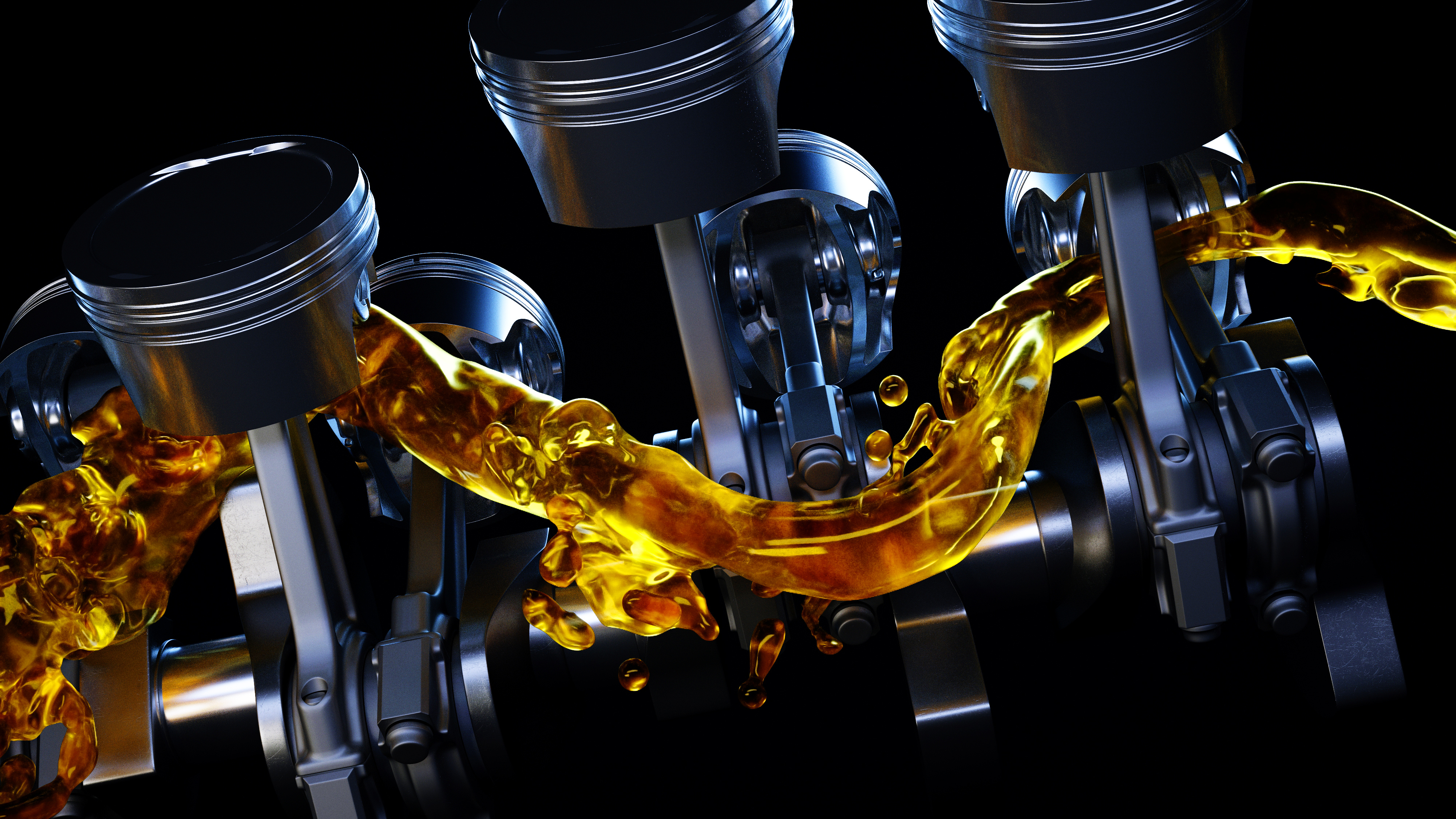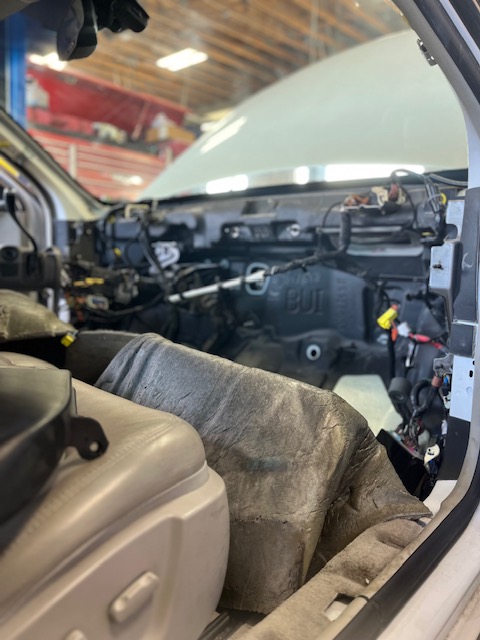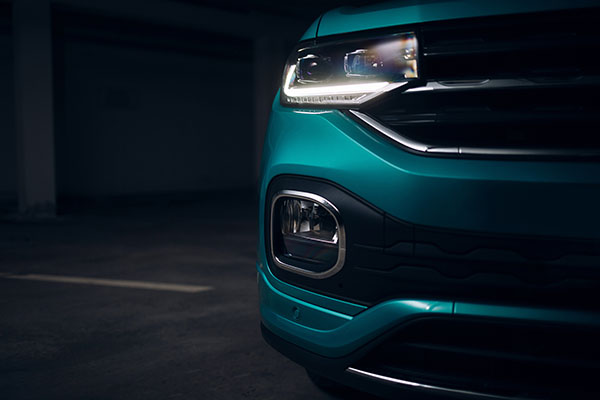Posted on 10/24/2023

Winterizing your vehicle is crucial to ensure its optimal performance and your safety during the cold winter months. Start by checking your tires and ensuring they have adequate tread depth and proper inflation to maintain traction on icy or snowy roads. Consider switching to winter tires for enhanced grip. Next, inspect your vehicle's battery and electrical system, as cold weather can reduce battery capacity. Clean any corrosion and ensure a full charge. It's also essential to check your vehicle's antifreeze and coolant levels and top them up if necessary. Additionally, keep your windshield washer fluid reservoir filled with a winter-specific solution that won't freeze. Don't forget to inspect your wiper blades and replace them if they're worn out. Lastly, assemble an emergency kit that includes items like a snow shovel, ice scraper, blankets, flashlight, and extra warm clothing. By following these tips, you'll be well-prepared to face winter driving condit ... read more
Posted on 10/17/2023

Determining whether you need snow tires or if your all-terrain tires are suitable for winter conditions depends on various factors such as your location, climate, driving conditions, and personal preferences. Here are a few considerations to help you make an informed decision: 1. Climate and Weather Conditions: Evaluate the typical winter weather in your area. If you experience heavy snowfall, icy roads, or prolonged periods of freezing temperatures, dedicated snow tires may provide better traction and handling than all-terrain tires. 2. Road Conditions: Consider the condition of the roads you frequently drive on during winter. If you often encounter unplowed or poorly maintained roads with deep snow or slush, snow tires may be beneficial due to their specialized tread patterns and rubber compounds designed for enhanced grip in winter conditions. 3. Traction and Performance: All-terrain tires are designed to provide decent performance in a wide range of conditions, including light s ... read more
Posted on 9/29/2023

Engine oil – it's the fluid that keeps your vehicle's heart beating. Whether you're a seasoned car enthusiast or just someone who relies on their trusty ride for daily commutes, understanding the do's and don'ts of engine oil maintenance is crucial. While it is only a fluid, it directly reflects on your vehicle's lifespan and condition. The Don'ts of Engine Oil MaintenanceOverlook Oil Leaks If you spot oil stains on your driveway or garage floor, don't ignore them. Address oil leaks promptly to prevent engine damage and environmental contamination. Leaking oil not only harms your engine but also poses a risk to the environment, as it can find its way into waterways. Neglect the Oil Filter Changing the oil without replacing the oil filter is like ... read more
Posted on 9/15/2023

What are signs of a leaking heater core? Windows fog up when you turn on the vehicle, coolant on the floorboards, heater not working. A heater core can be a large repair as it is located behind the dash. A heater core is a crucial component of a vehicle's heating and cooling system. It is a small radiator-like device located in the passenger compartment of the vehicle, typically behind the dashboard. The primary purpose of the heater core is to provide heat to the interior of the vehicle by utilizing the engine's coolant system. The heater core consists of a network of small tubes or passages that carry hot coolant from the engine. These tubes are often made of brass or aluminum, which are good conductors of heat. The hot coolant flows through these tubes, and as air passes over the exterior surface of the heater core, the heat is transferred from the tubes to the air. This heated air is then directed into the cabin to warm the interior of the vehicle, providing comfort ... read more
Posted on 8/31/2023

When it comes to buying a new car, reliability is often one of the most crucial factors that consumers consider. After all, no one wants to invest their hard-earned money into a vehicle that constantly breaks down and requires expensive repairs. One car brand that often sparks discussions about reliability is Volkswagen, or VW for short. We understand that finding a reliable and valuable vehicle is important to many people. That's why in this blog post, we will be discussing the reliability and value of Volkswagen vehicles. ///The Reputation of VW Vehicles VW is a well-known car manufacturer with a history that dates back to 1937. Over the years, the brand has gained a reputation for producing stylish and well-built cars. However, as with any car brand, there have been some concerns and controversies surrounding the reliability of VW vehicles. ///Reliability Ratings When it comes to assessing the reliability of cars, various organization ... read more